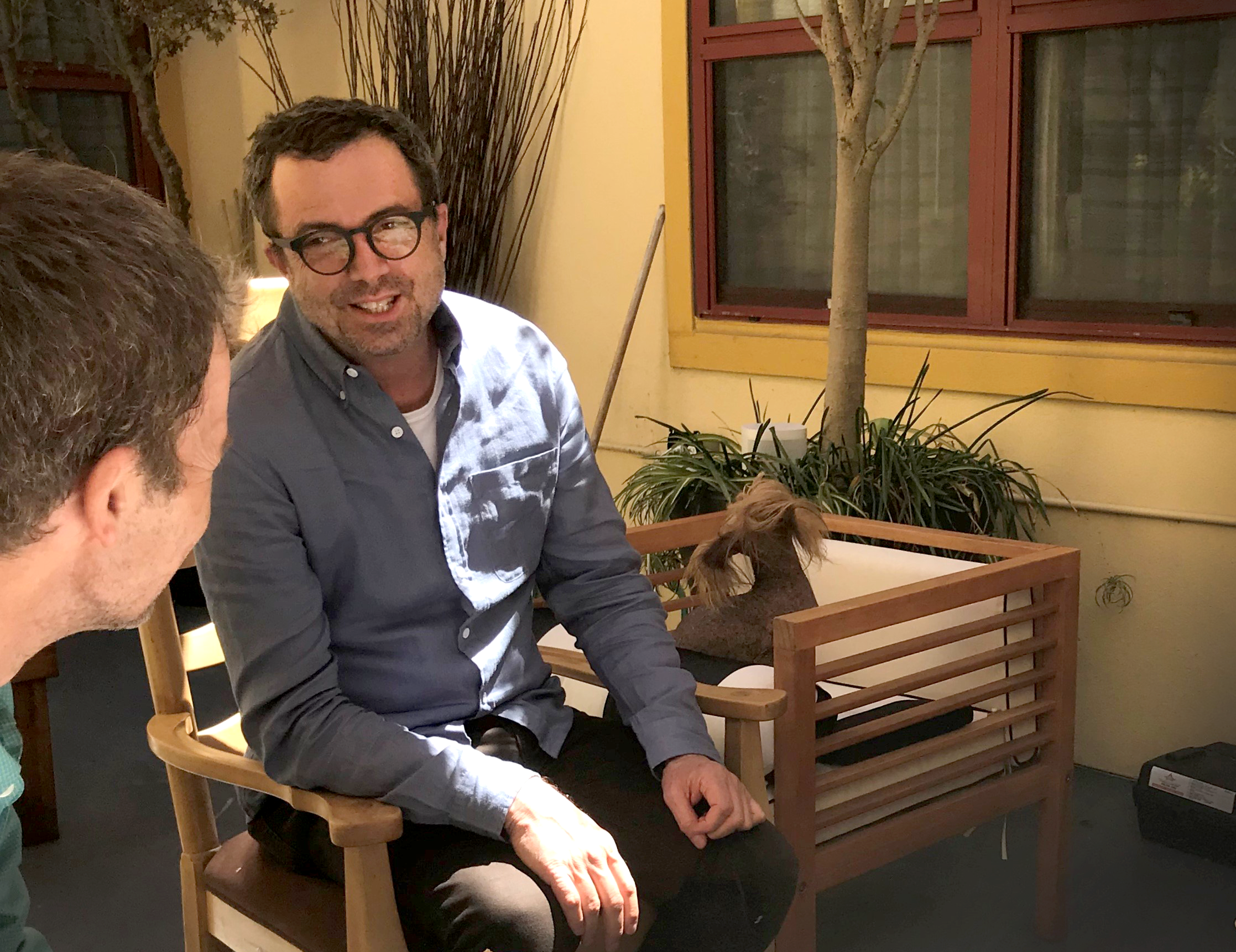Humans have a tendency to continue to move on after tragedy strikes without thinking too much about it. As the world opens up, Maitri’s therapist, Lonnie Ferguson, reminds us that we must not forget to reflect on the last year of the pandemic and to take time to process the grief associated with it.
In the last year at Maitri, we took extra measures to make sure that our residents and former residents have support as their mental health battles were exacerbated by the pandemic.
Because of your support, we were able to meet our current and former residents’ needs head on. Your generosity has kept us going through the hardest times of the pandemic.
For many in Maitri’s community, this pandemic has brought up painful memories of the height of the HIV/AIDS crisis. We saw more anxiety, depression, exacerbation of trauma, substance misuse, and even psychosis. Many also experienced a form of survivor’s guilt—they received housing and health support while many of their unhoused friends and families could not.
This has led to an increase of need for on-site programming that includes socially distant events and mental health services like our one-on-one and group therapy sessions.
Lonnie, Maitri’s Staff Therapist, has been a part of the HIV/AIDS community for a long time. He even volunteered at Maitri in 1994 at the height of the HIV/AIDS crisis. Since then, he went on to get his master’s degree and worked in hospice care in Oregon. We asked Lonnie to sit down with us as we look back at the last year to help us understand our collective grief.
How do you know if you’re grieving?
Lonnie: I have worked in grief and loss, and in hospice for a while. What I have noticed is that many times it is when the pressure is off that we notice grief is there. For many, grief doesn’t show up for a while until your body and mind has leveled a bit. When you are in the middle of grief, you know you’re grieving, but there’s not a lot of ability to discuss it.
When you have no power over great loss and change – like now, over death – we have no power over the pandemic, many people had many things taken away from them and we can’t underestimate that.
Now that the world is opening up – how do we move ahead?
Grief is grief – whether death of a person, or death of a dream or lifestyle, we cannot minimize or compare and say what one person goes through is much better or worse.
Grief does not physically mean losing a person. Grief is a reaction to some profound loss and we all have lost something. People try their best to navigate in the midst of grief. It is important to give people enough space to express that and let it exist.
This year marks 40 years of AIDS in America. There have been many parallels drawn between HIV/AIDS and COVID-19 by leaders in health care and media. How do you compare the two?
While there is some parallel here – people in the HIV/AIDS community are hyper aware of it. The only thing that is parallel is that it is a pandemic and has killed people rapidly.
Where it diverges is it took decades for people to identify AIDS as a pandemic. There was no funding and there were a lot of young, healthy people dying. It’s still a pandemic – but people see the global response to address COVID and compare it to the lack of response to HIV/AIDS.
A commonality of people who lived during the peak of the HIV/AIDS crisis is PTSD. The trauma of living through the HIV/AIDS crisis and losing entire communities, entire groups of friends, one-by-one.
This pandemic reignites the feelings of being ignored. HIV/AIDS is not over, there is no vaccine. COVID-19 and HIV/AIDS are very isolating, but with HIV/AIDS there tends to be a deep sense of internal isolation and shame.
What are your hopes for the future?
COVID-19 has been a rallying cry. Older people in this country are tucked away and forgotten about. It is no different in the queer community, sometimes it is worse. This pandemic has pulled the curtain back on inequities in service. Some of that was illustrated when people in nursing homes died first.
We are all aging. Hopefully, we can have some social change around our approach to dying and how we take care of our family members.


